Which Plastics Can Be Recycled?
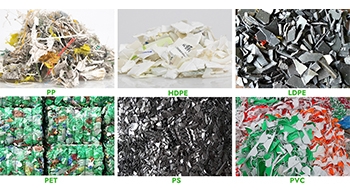
Why Recycling Plastic is Important for the Environment
Plastic is a useful and versatile material we use every day, but it also poses a serious threat to the environment if not recycled properly. Plastic can take hundreds of years to break down and pollute land, water, and air. Recycling plastic can help reduce the environmental impact of plastic waste by saving natural resources, energy, and greenhouse gas emissions. Recycling plastic can also create new products and economic opportunities.
However, not all plastics can be easily or safely recycled. Some plastics are made from different types of materials that are difficult to separate or process. Some plastics are contaminated with food or chemicals and are not suitable for recycling. Some plastics are too small or too thin to be collected or sorted through recycling machines. Therefore, it is important to understand which plastics can be recycled and how to dispose of them correctly.
Which Plastics Can Be Recycled?
Here's a guide to understand which types of plastics can be recycled:
♻ Polyethylene Terephthalate (PET)
PET is one of the most common types of plastic used for packaging, such as water bottles, soda bottles, and food trays. PET can be recycled and reused to create new products such as carpets, clothing, and new plastic containers.
♻ High-Density Polyethylene (HDPE)
HDPE is another commonly used plastic for packaging, such as milk jugs, shampoo bottles, and laundry detergent bottles. HDPE is praised for its strength and durability, making it ideal for recycling. The recycled HDPE is used for products such as plastic bags, pipes, and outdoor furniture.
♻ Polyvinyl Chloride (PVC)
PVC is common in products such as pipes, vinyl siding, and packaging for high-end electronics. Recycling PVC is less common than some other plastics due to cost implications, but some recycling facilities accept this type of plastic for reuse in products such as garden hoses and flooring.
♻ Low-Density Polyethylene (LDPE)
LDPE is commonly found in grocery bags, shrink wrap, and some food packaging. This type of plastic is not typically recycled due to its low density, but some recycling facilities can accept it for energy recovery, used in fuel pellets.
♻ Polypropylene (PP)
PP is a versatile plastic, used in packaging, automotive parts, and consumer products such as yogurt containers and water bottles. PP has a high melting point, making it valuable for recycling. Recycled PP is used in products such as car bumpers, brooms, and battery cases.
♻ Polystyrene (PS)
PS, commonly referred to as “Styrofoam,” is a common plastic used for packaging and disposable food containers. However, recycling facilities can be picky about PS products, as some facilities only accept clean, white Styrofoam that has not been contaminated. Recycled PS is used for products such as insulation, office supplies, and license plate frames.
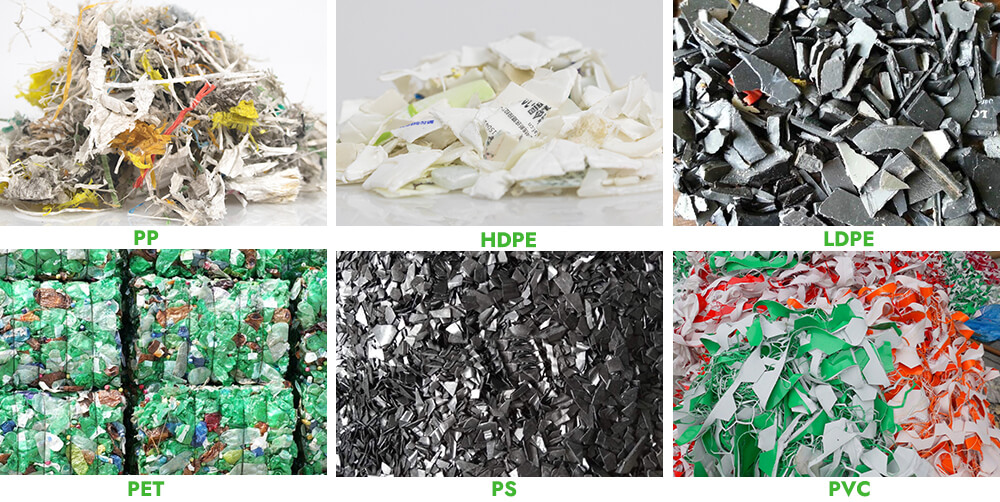
In conclusion, not all types of plastics are equal when it comes to recycling. Understanding which plastics can and can’t be recycled aids in keeping plastic products out of the landfill and reducing pollution in our environment. The six types of plastics discussed in this article can all be recycled in different forms; however, it's essential to understand where different types of plastics can be recycled or disposed of properly. Therefore, always check the recycling guidelines for your local recycling facility to ensure that your plastic items end up in the correct recycling streams.
At Aceretech Machinery, we firmly believe that the machines we introduce can be used for recycling waste plastics, and we do our best to help recycling manufacturers recycle and reuse various waste plastics more effectively. By providing the most advanced recycling technology design, we provide you with the best-customized solutions for every waste plastic recycling.
Topic : #PlasticPelletizing, #PlasticRecycling



.jpg)
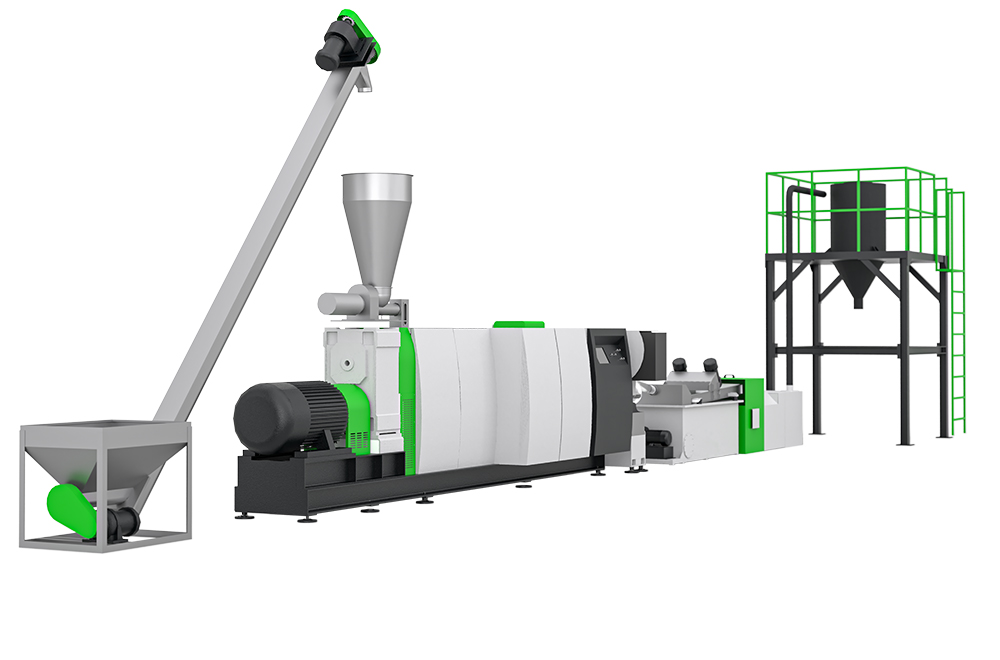
.jpg)
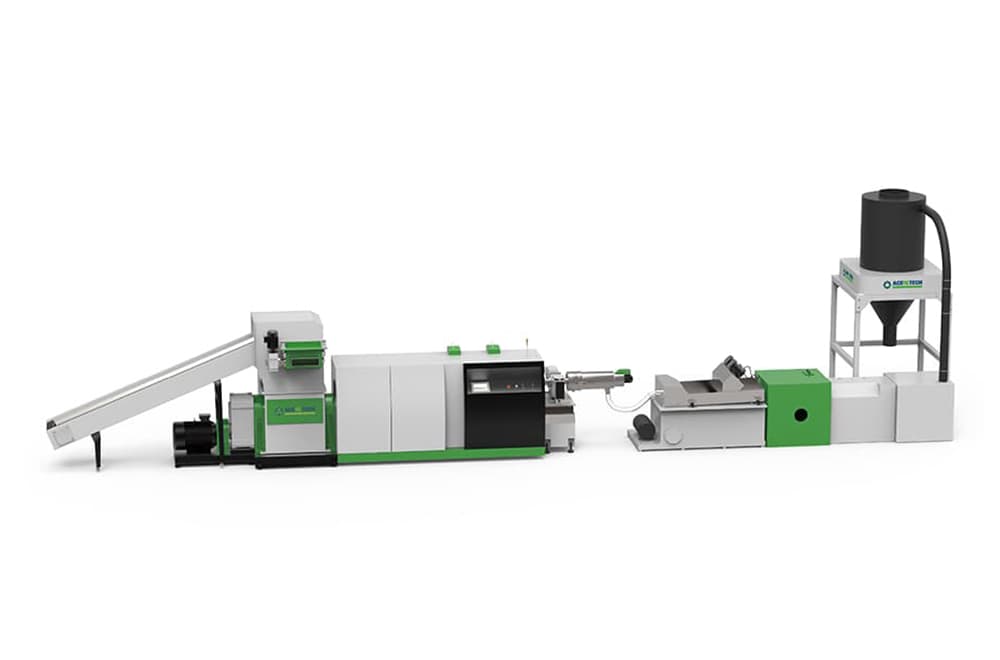
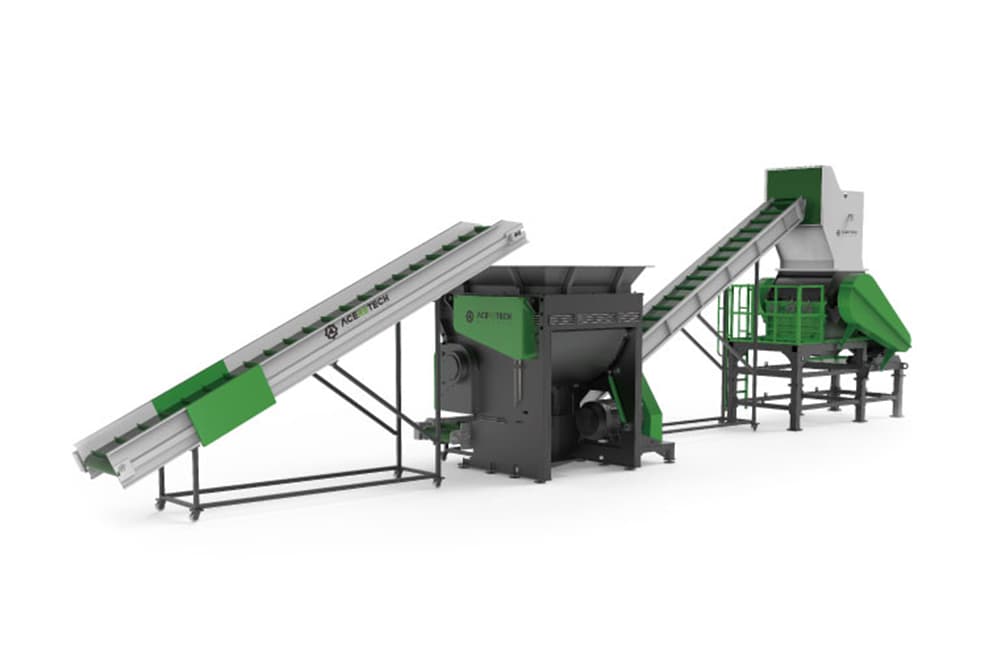
.jpg)
.jpg)
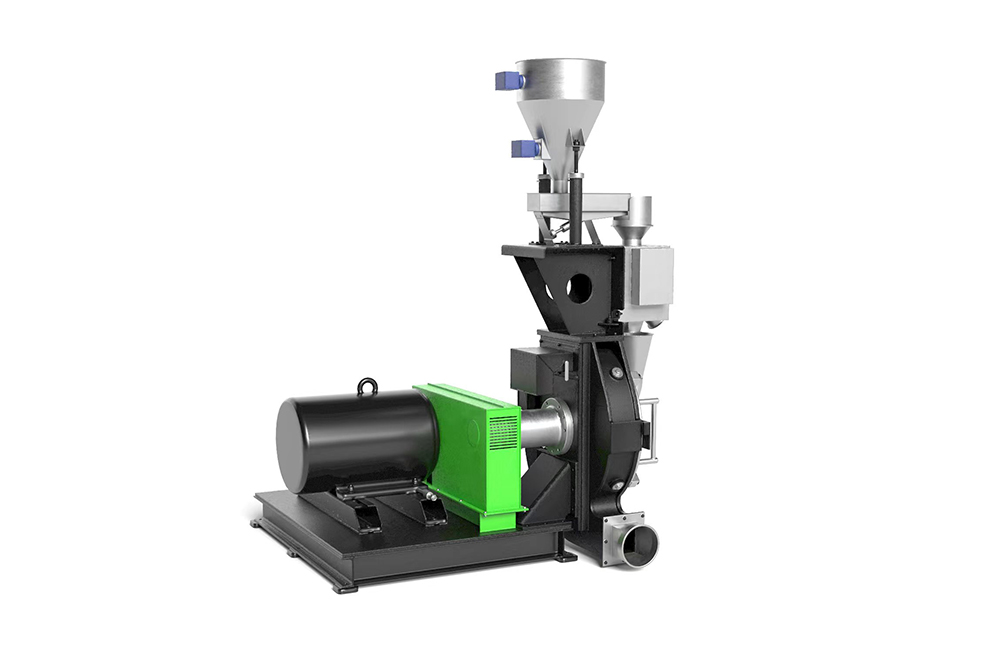
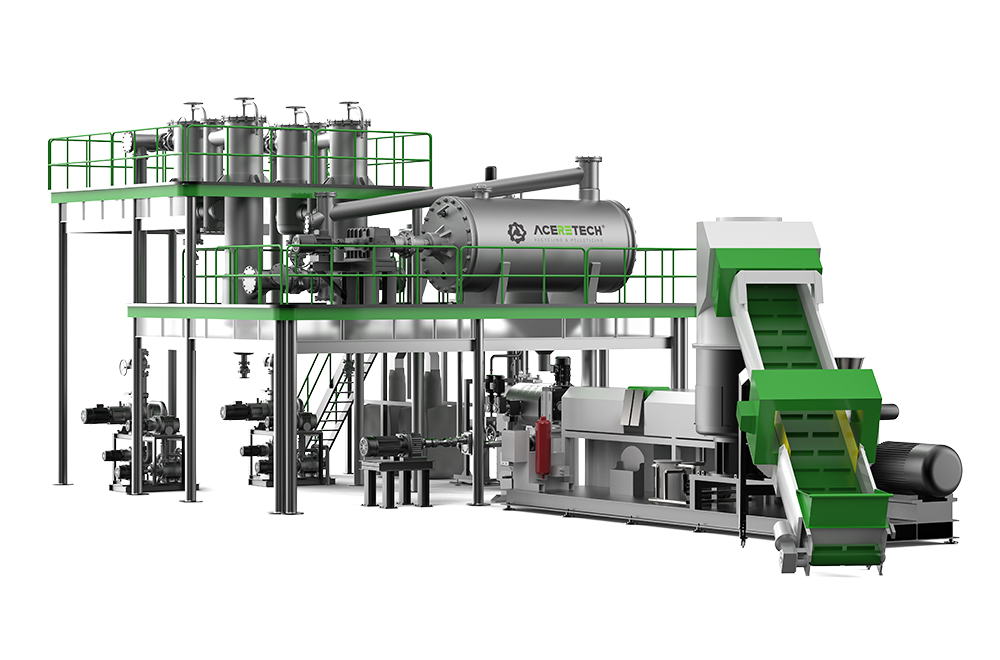
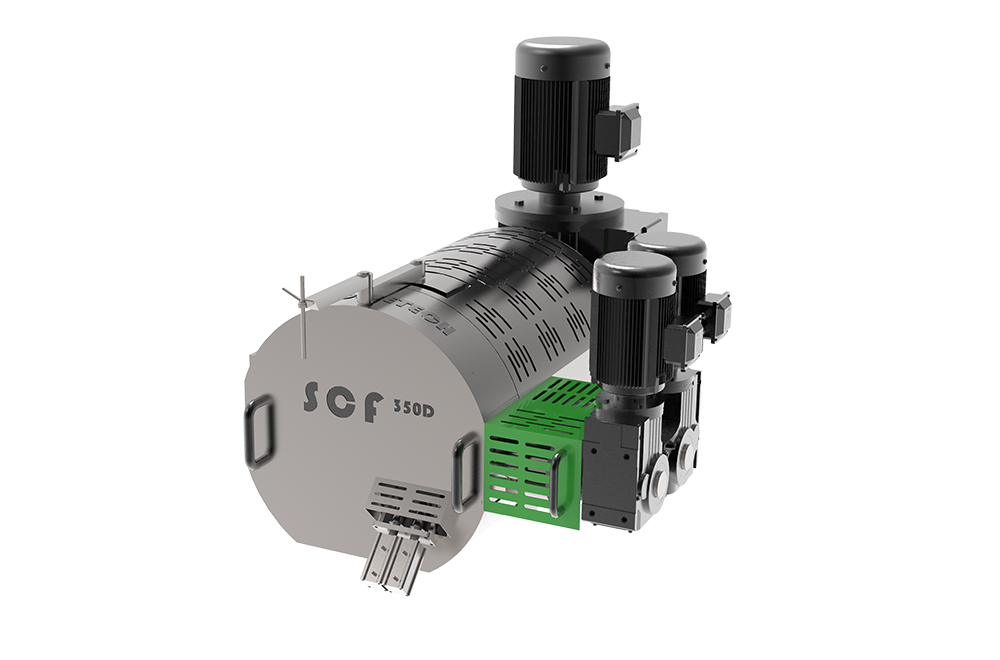
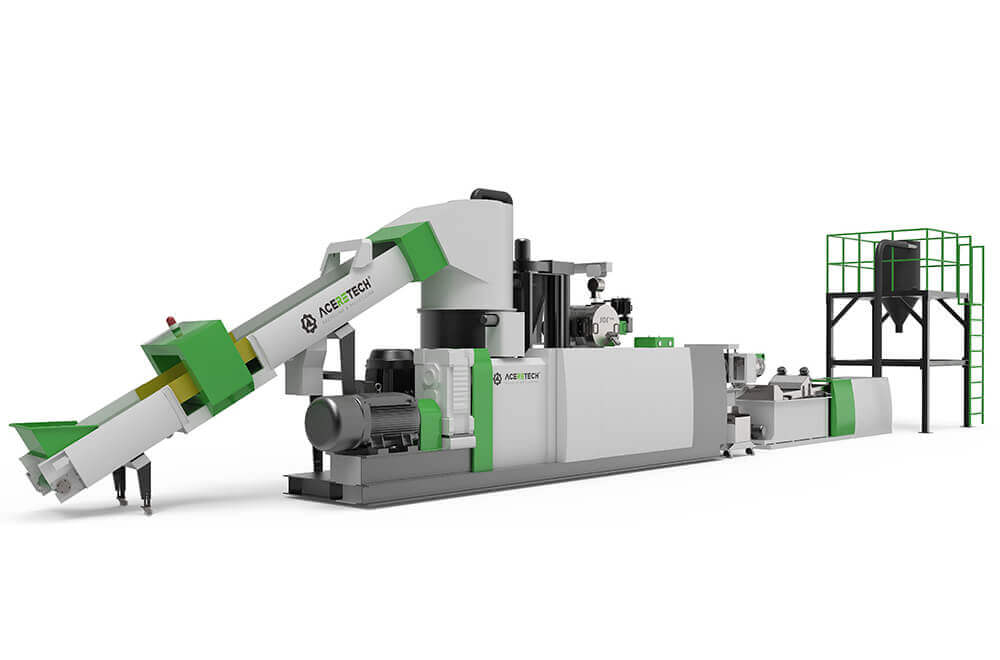
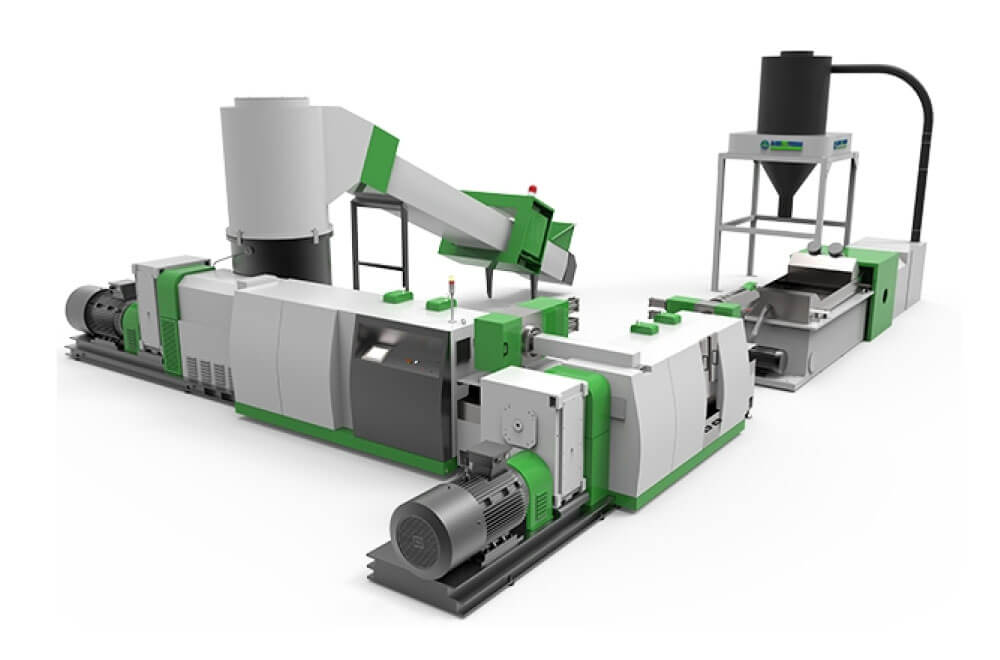
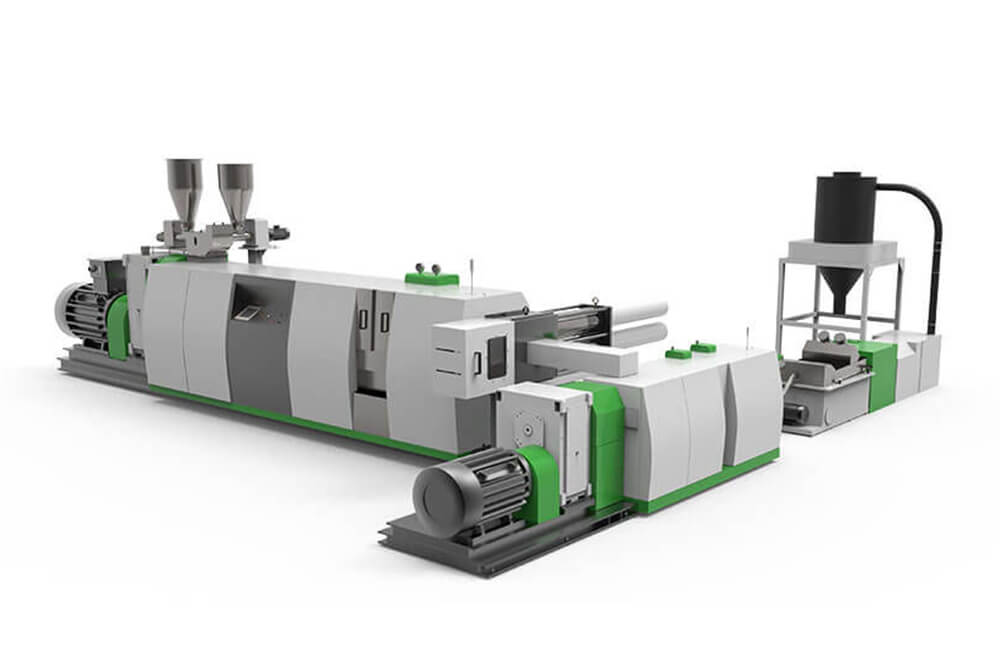
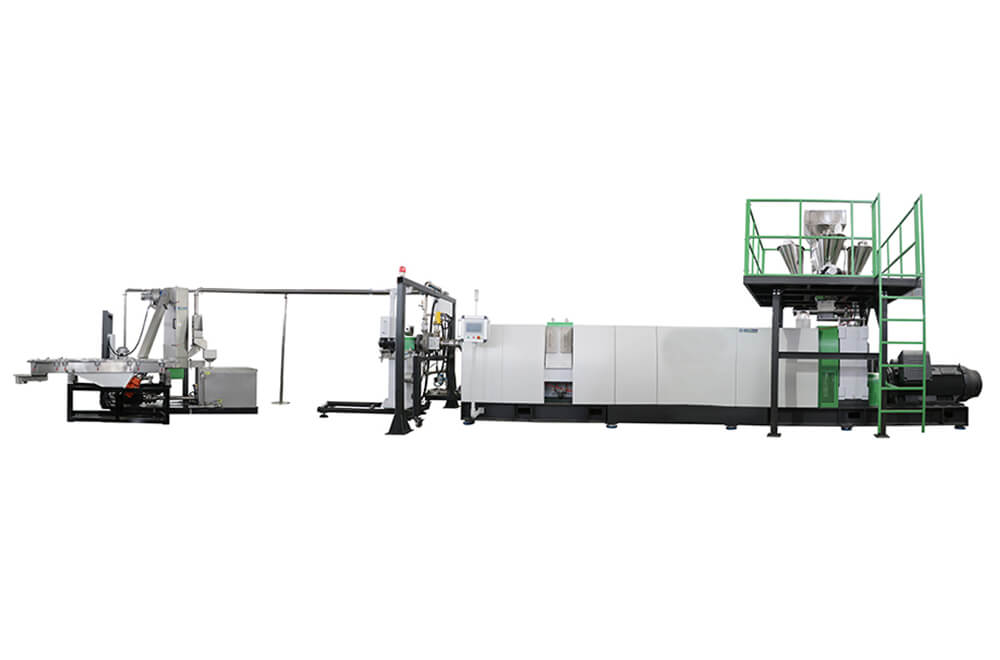
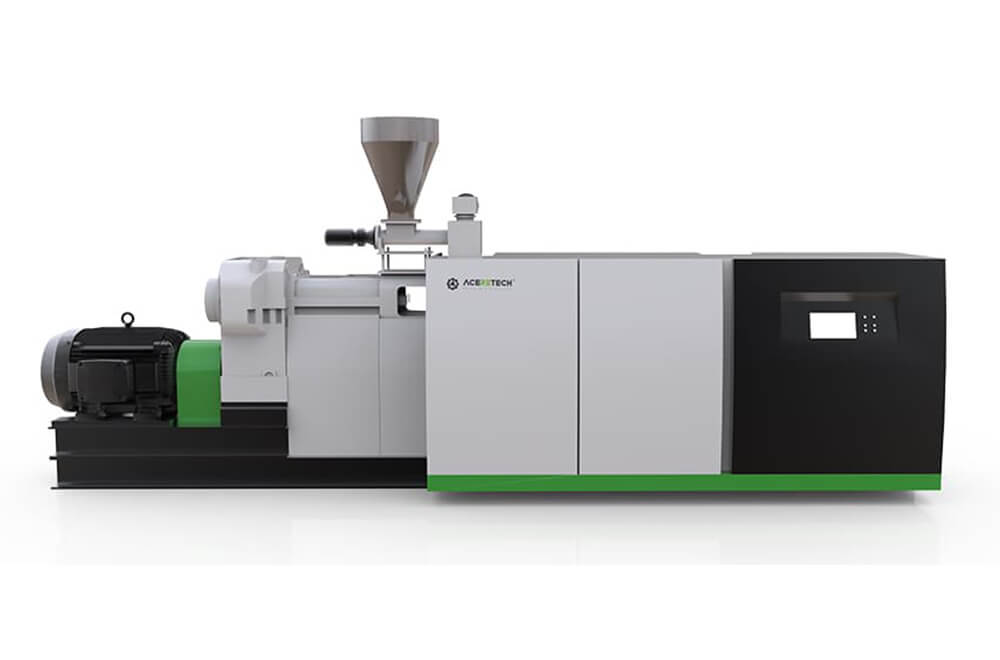
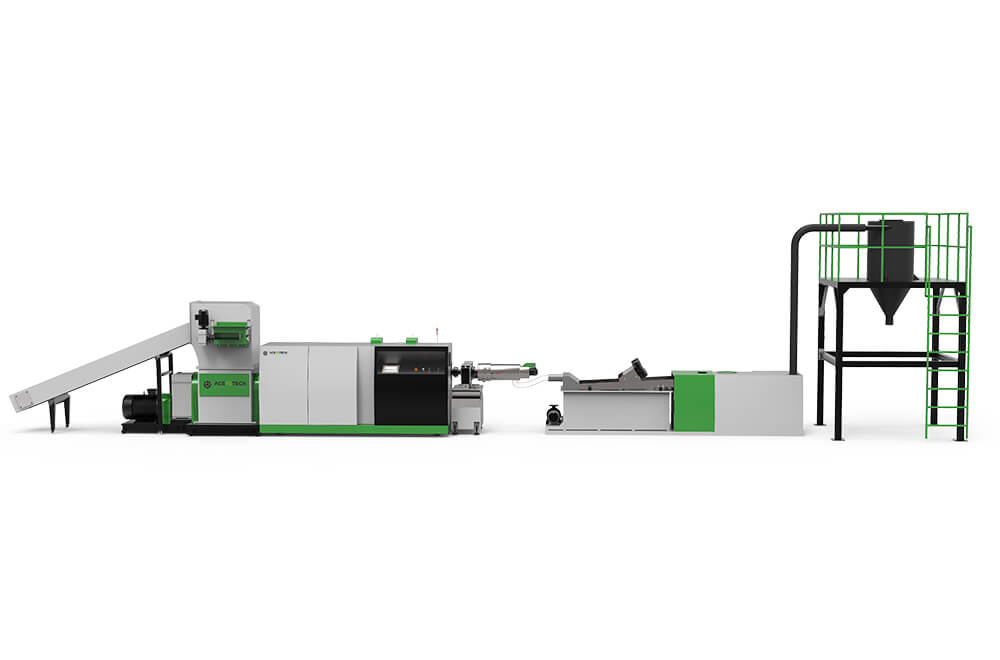
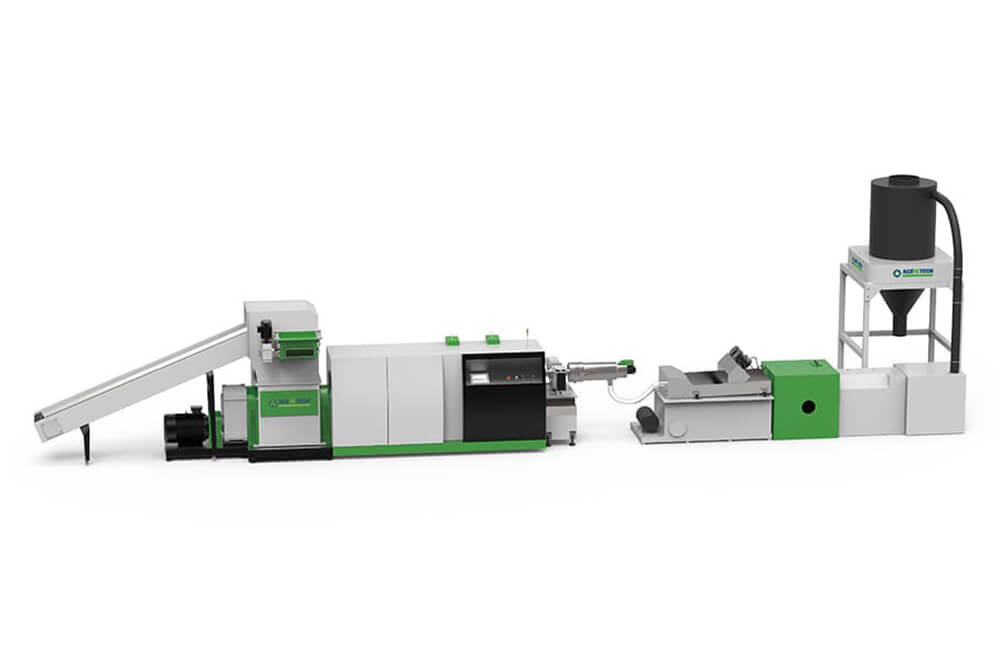

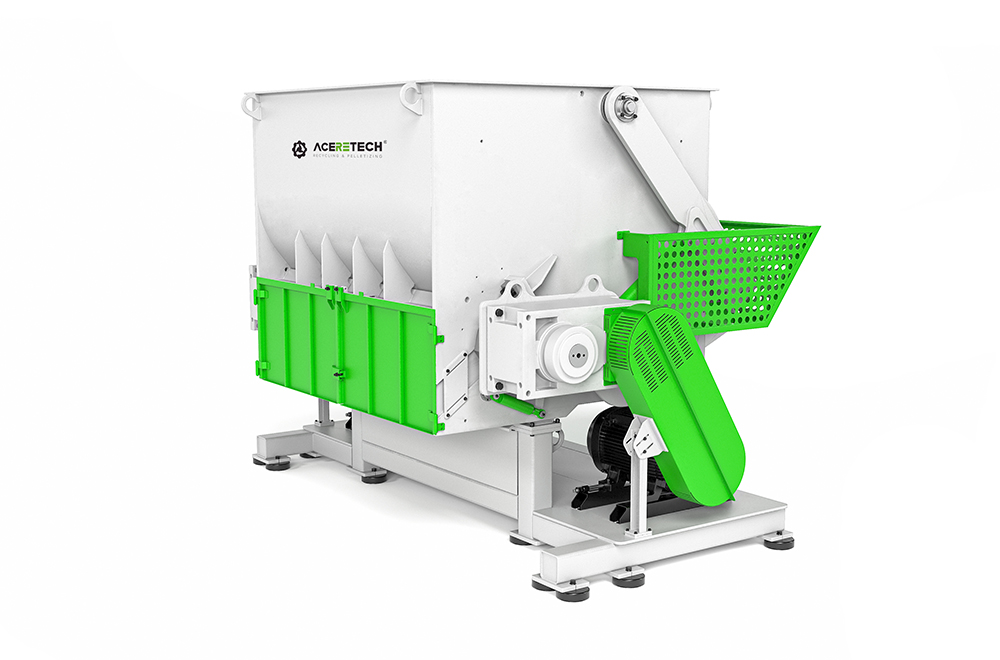
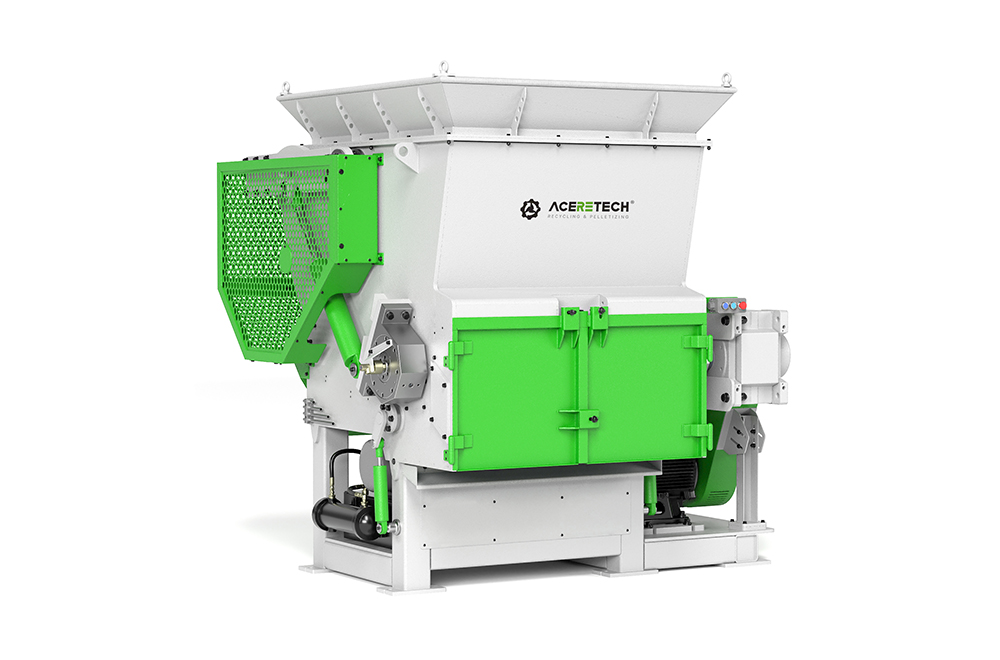
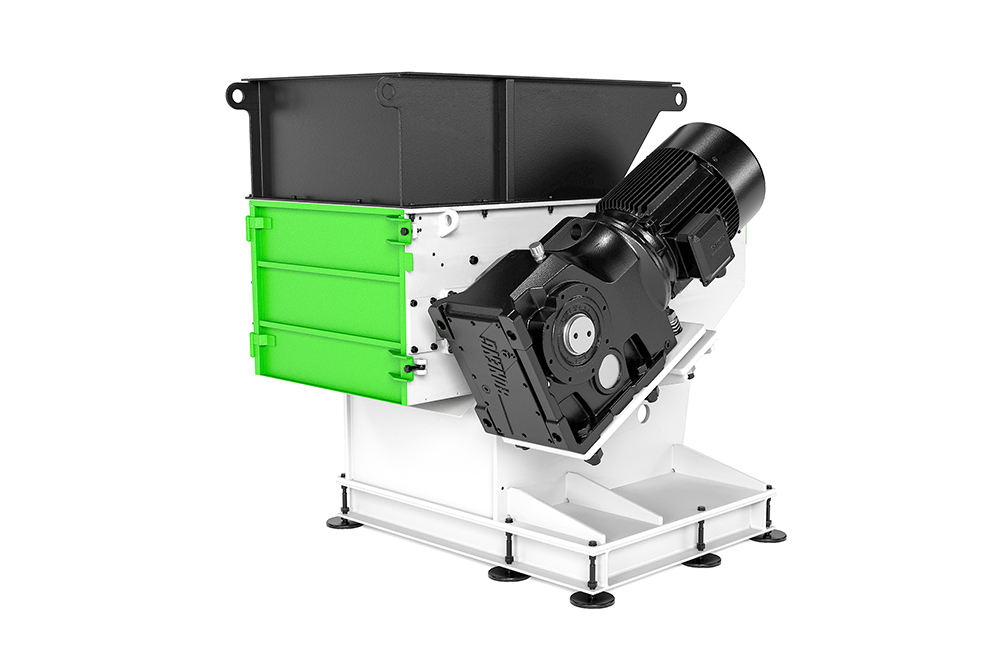
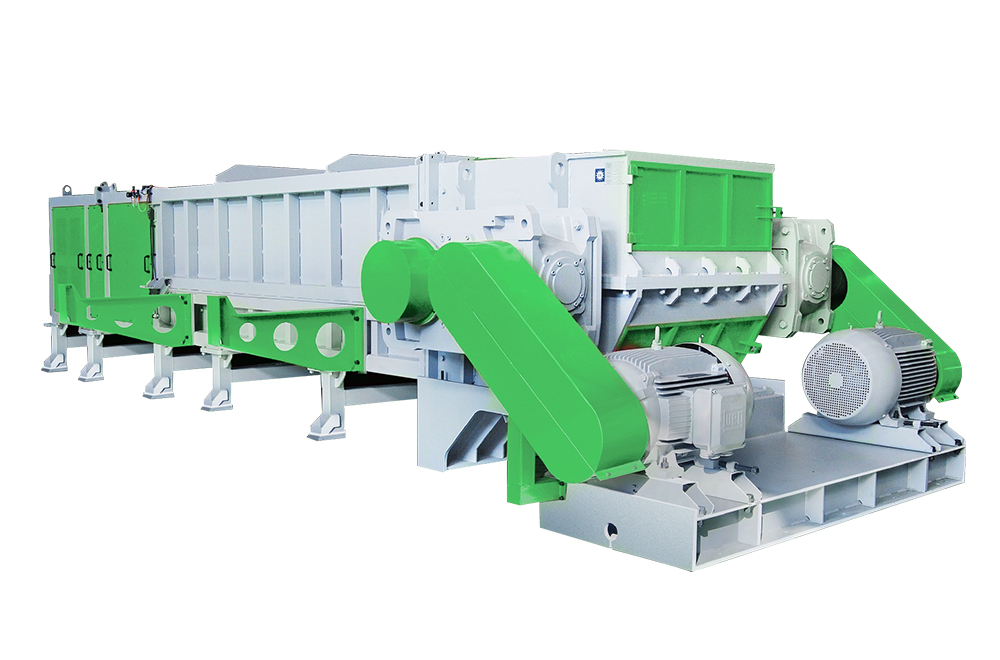
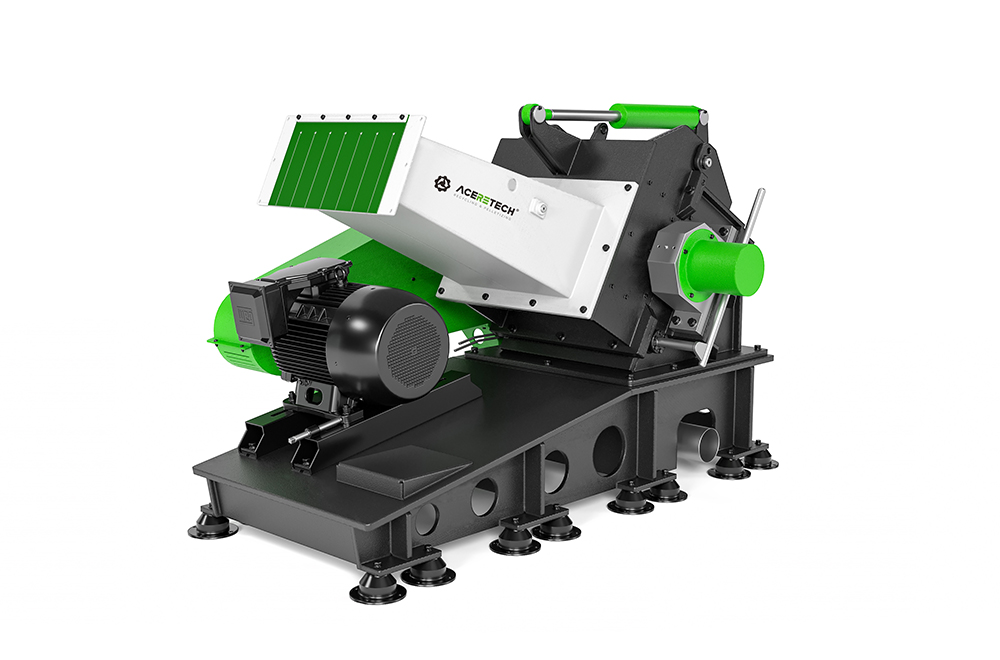
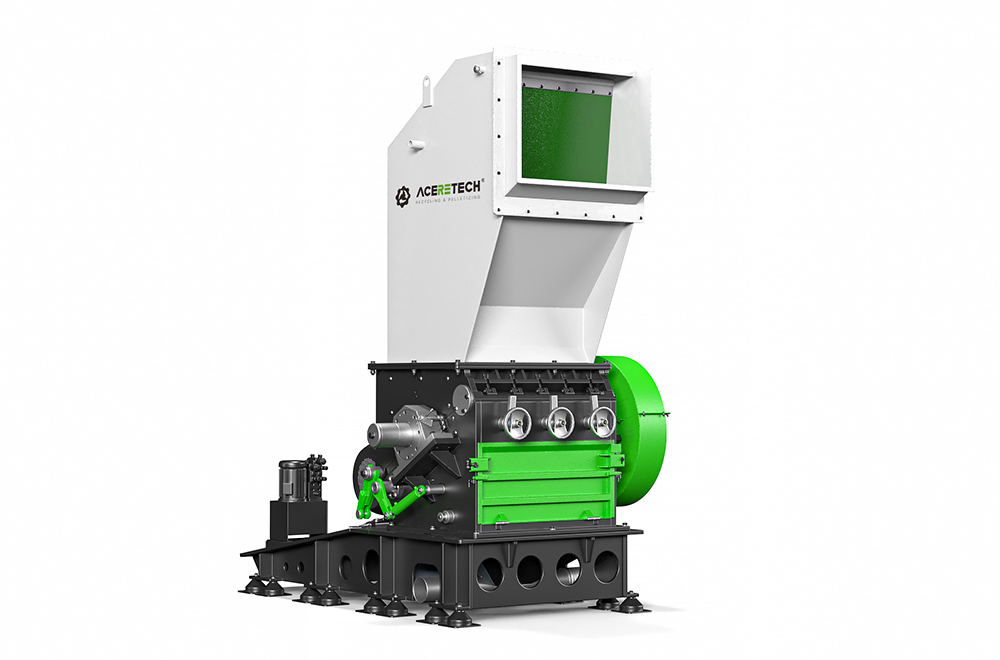
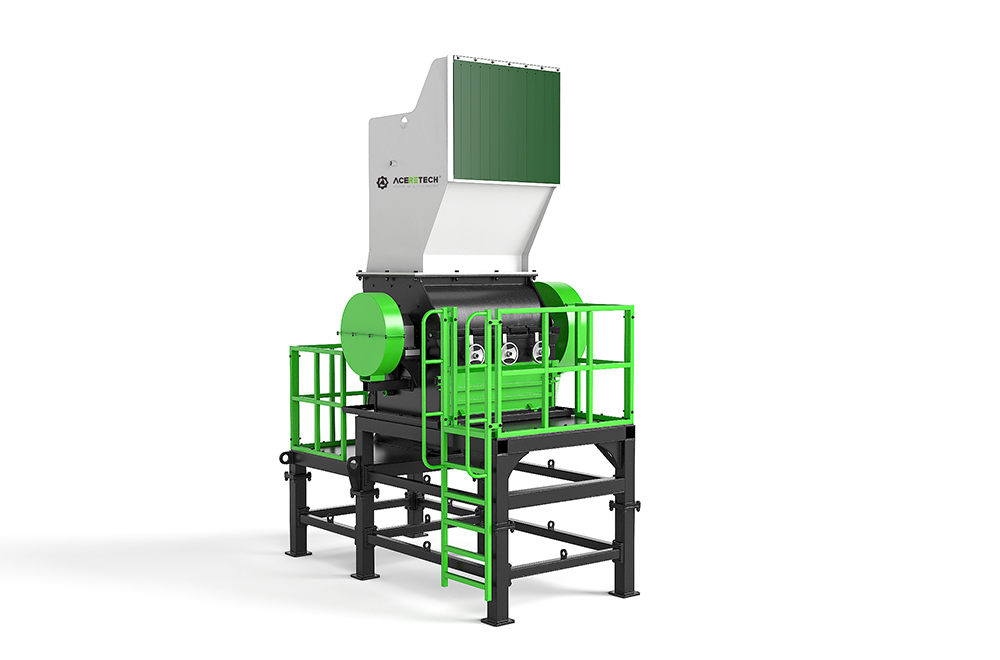
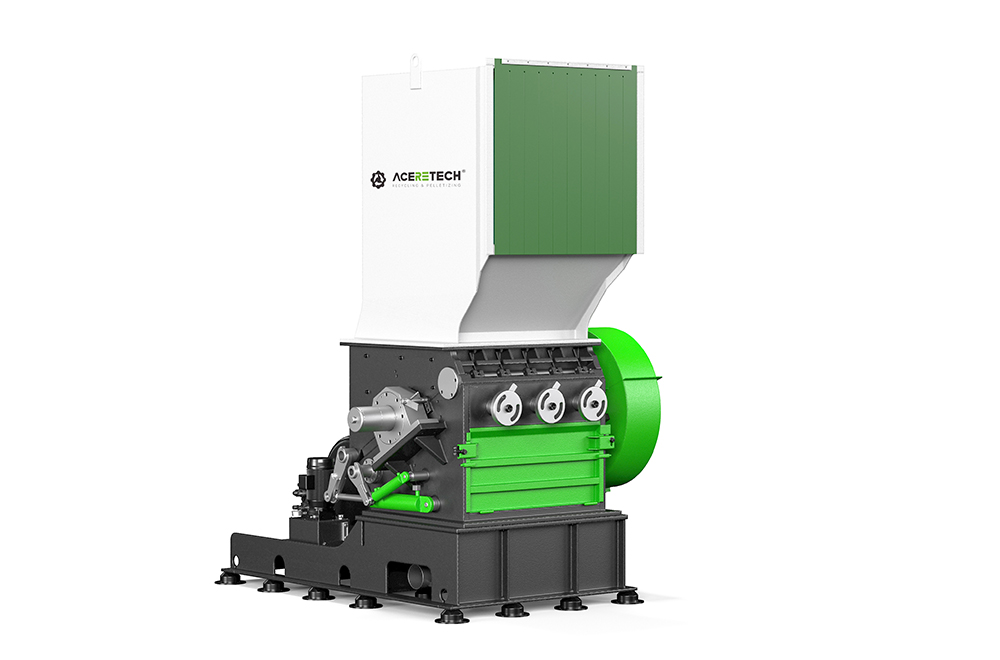
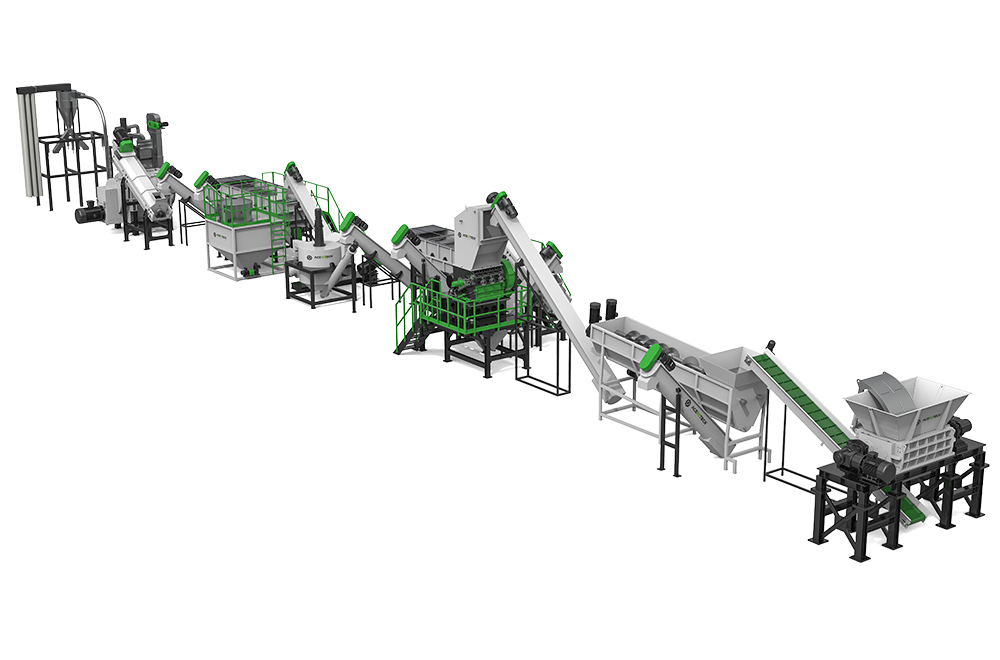
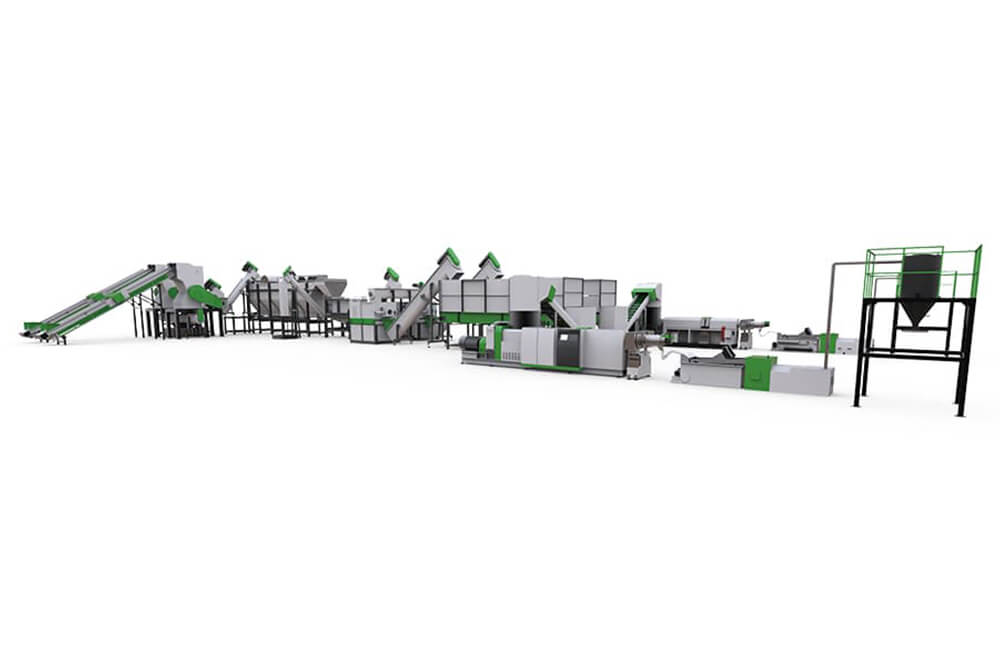
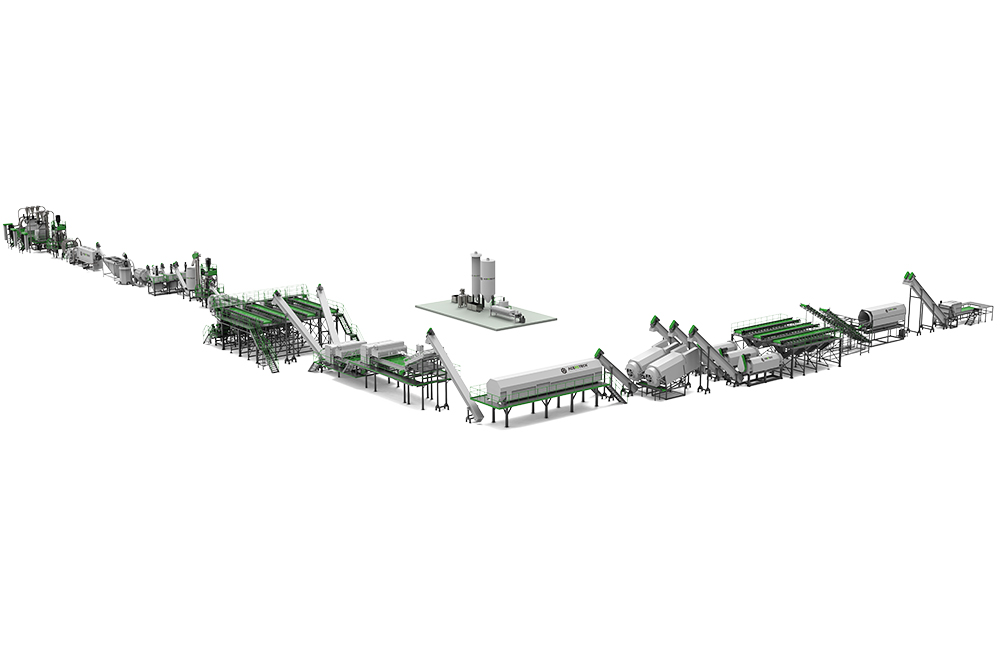
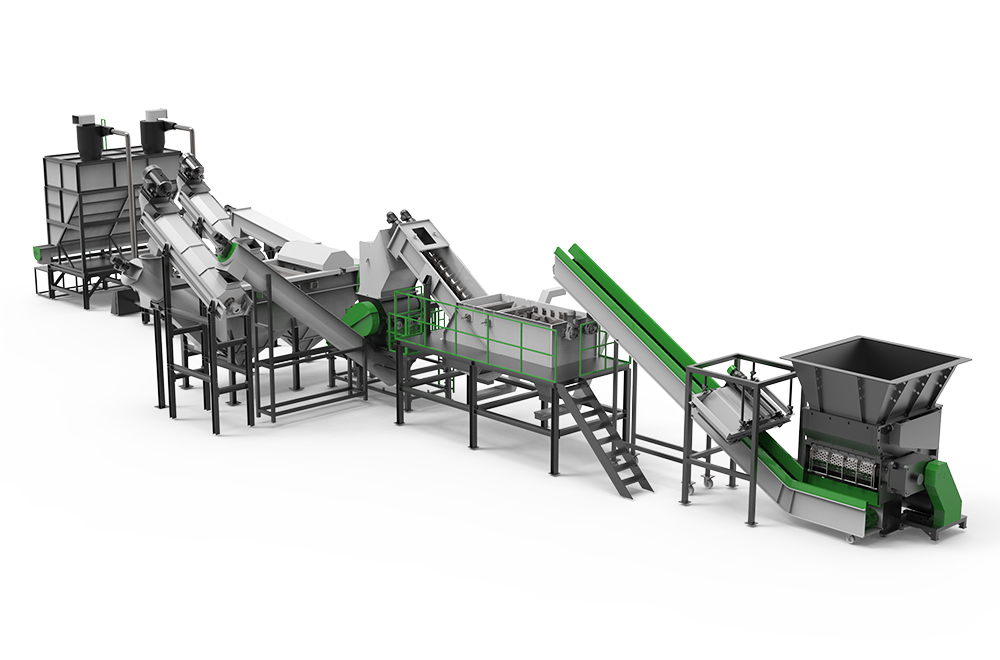
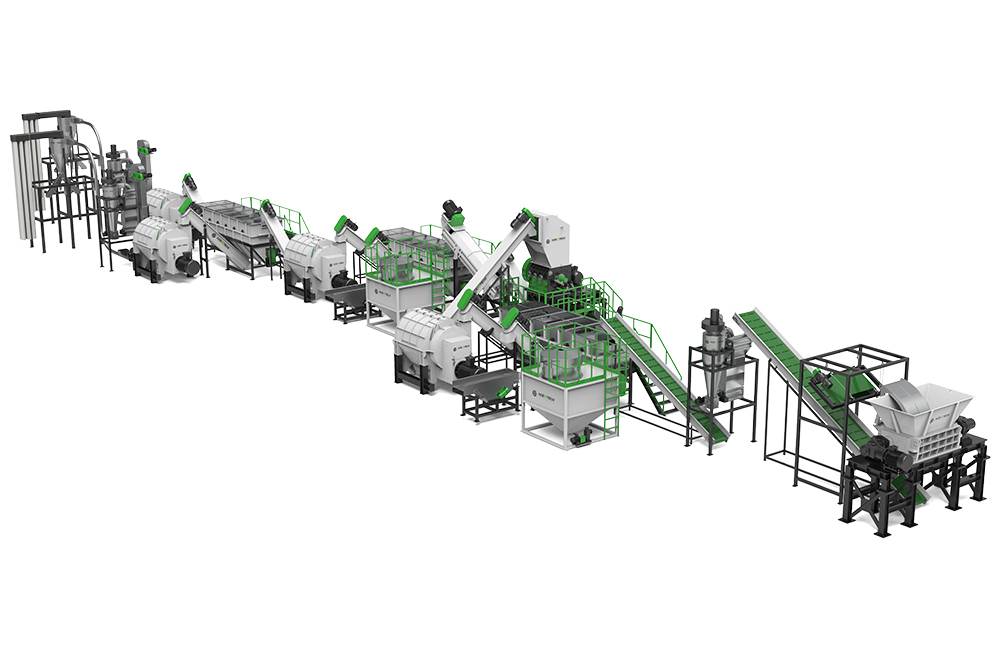
.jpg)
.jpg)
.jpg)
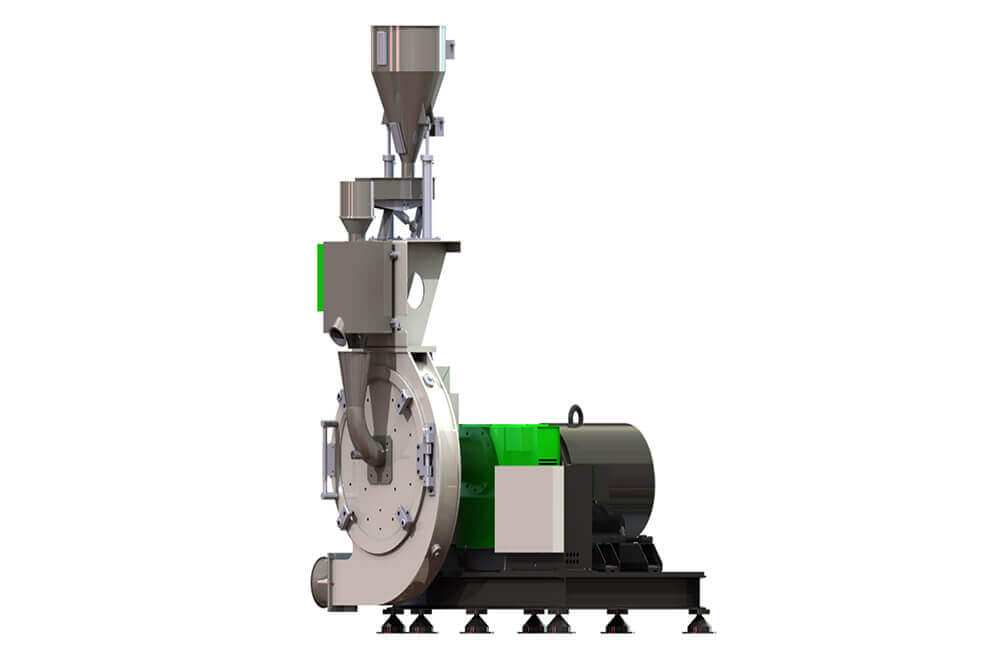
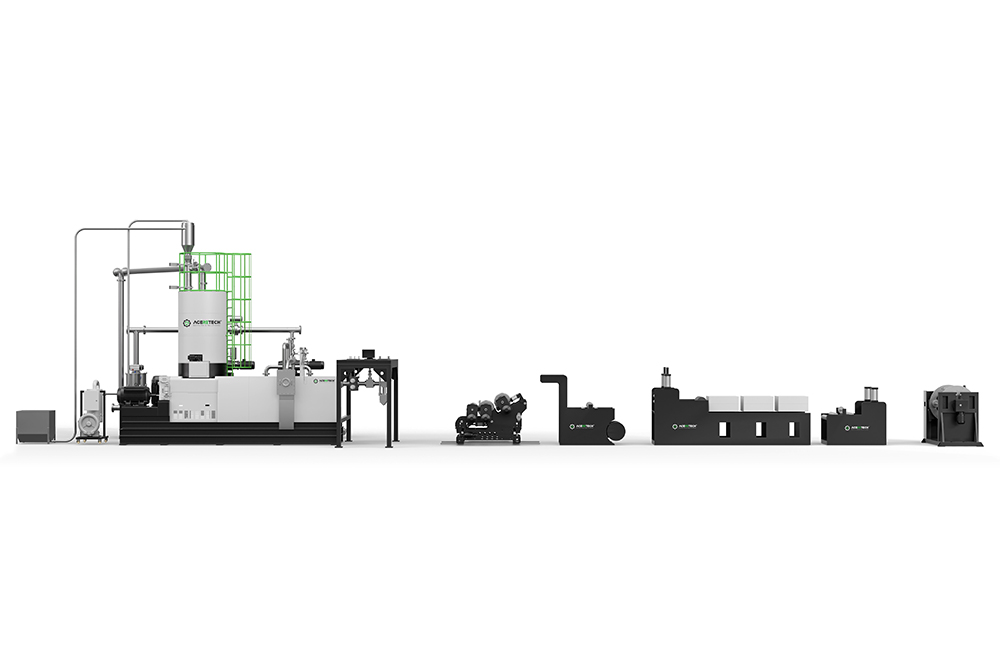
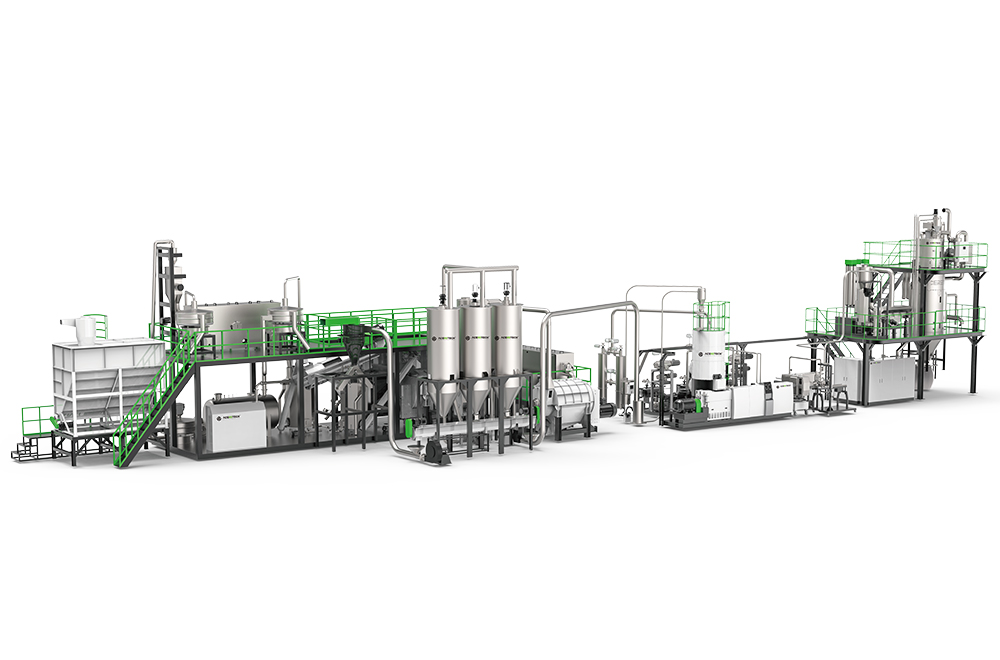
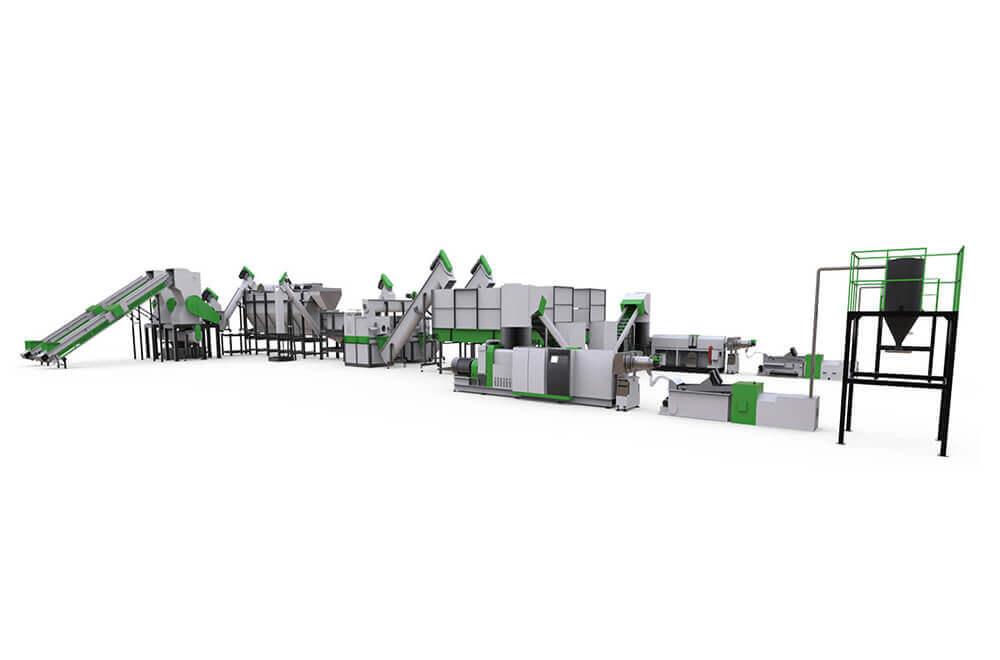
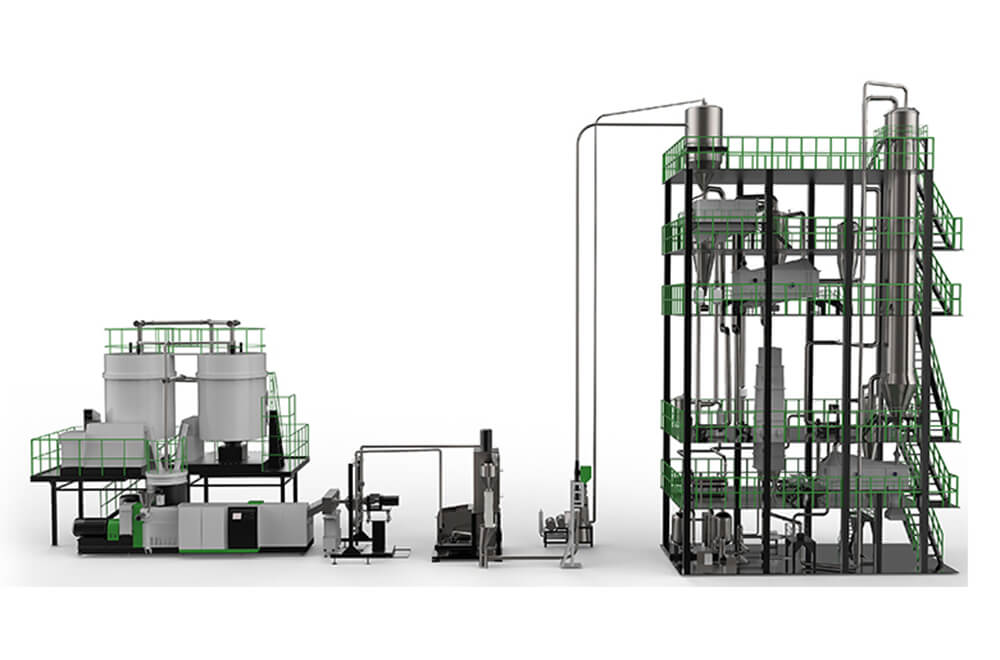
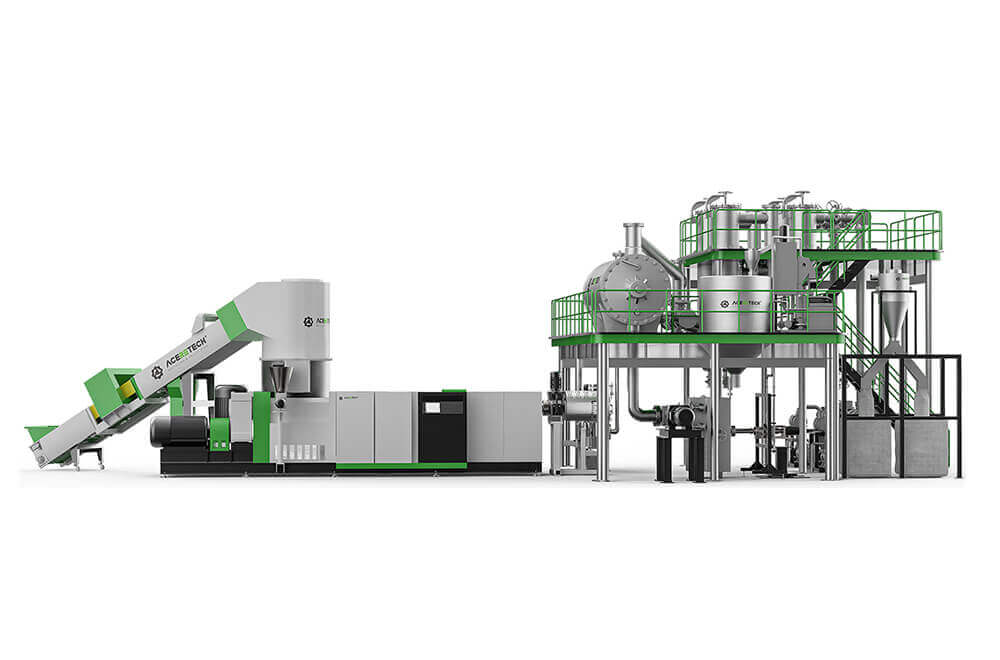
.jpg)

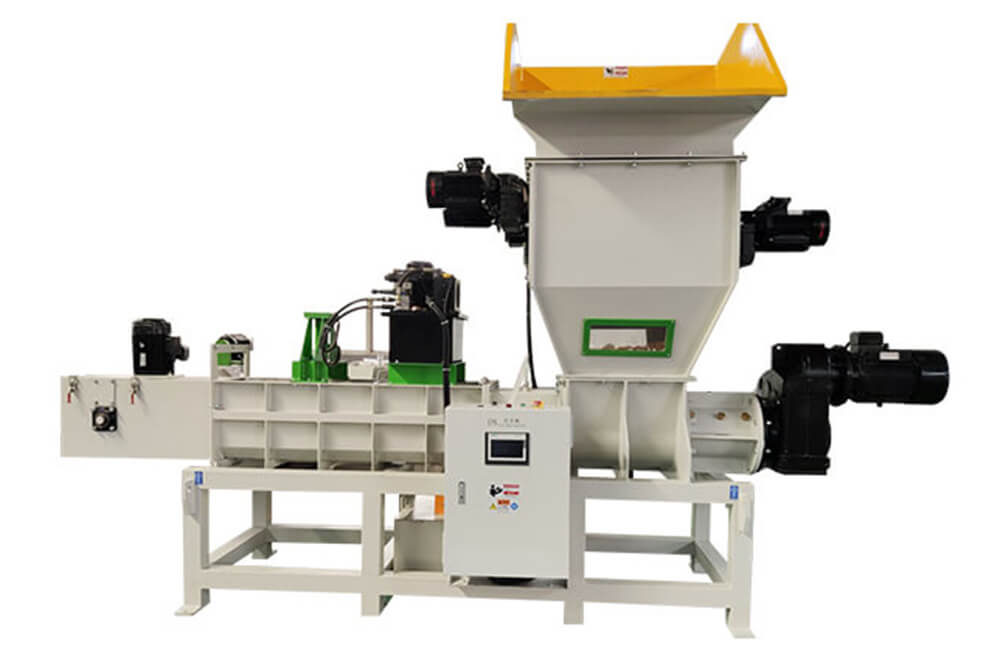
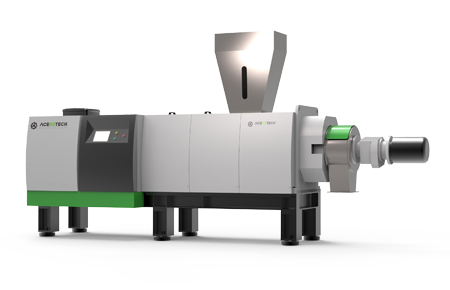
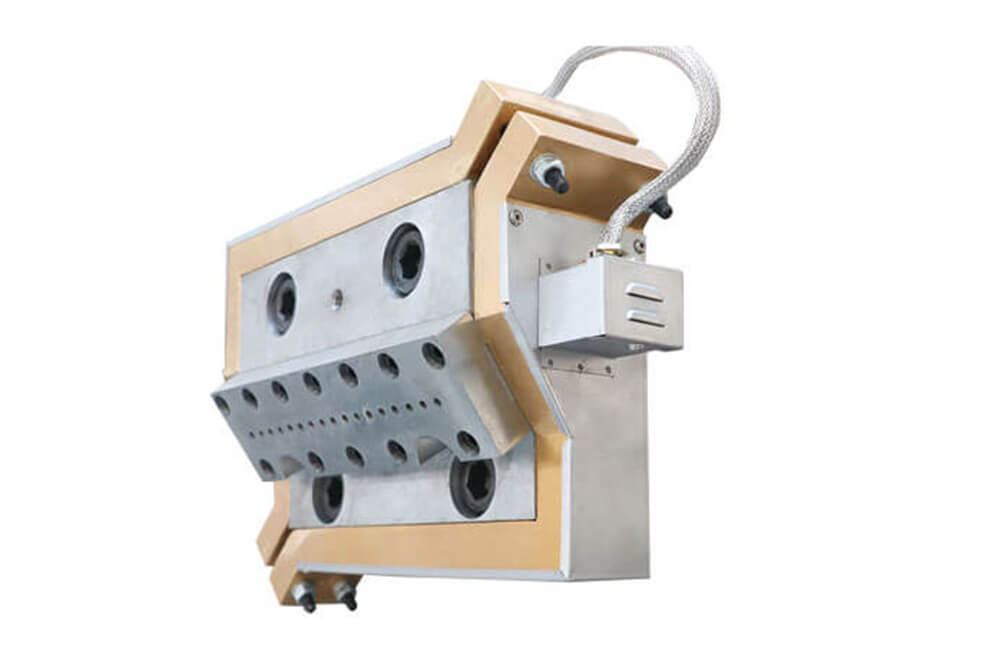
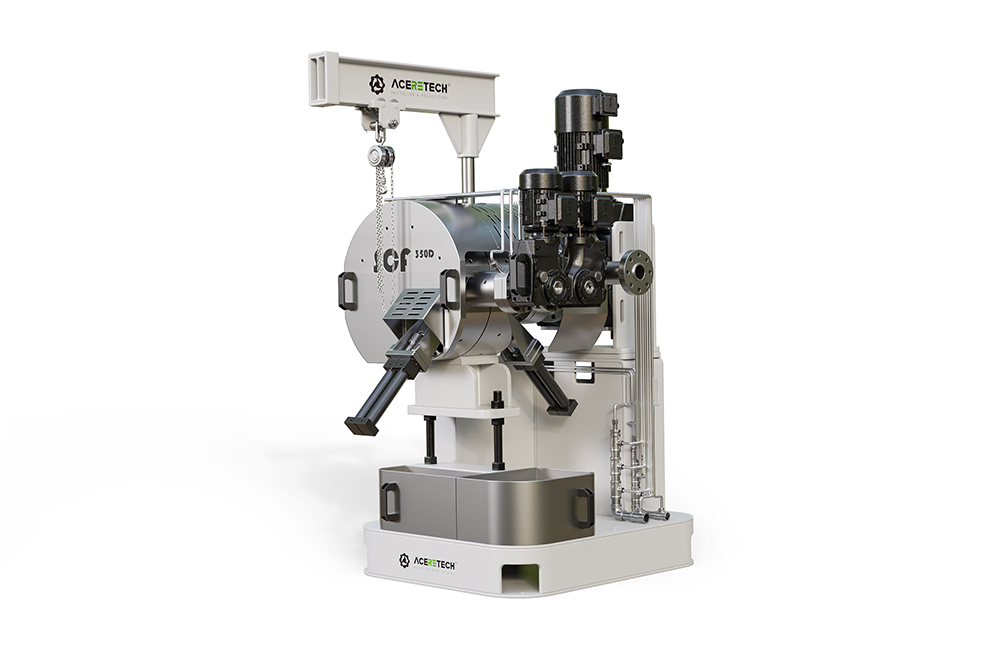
 Contact Us
Contact Us



